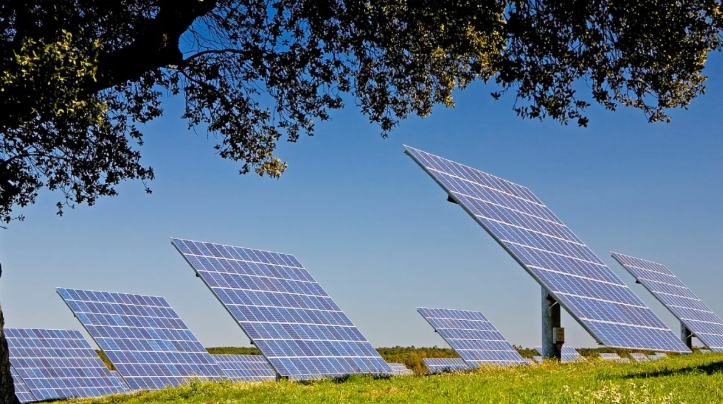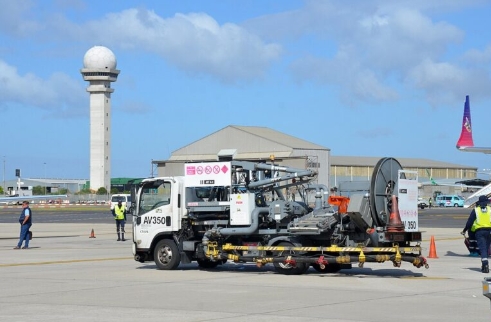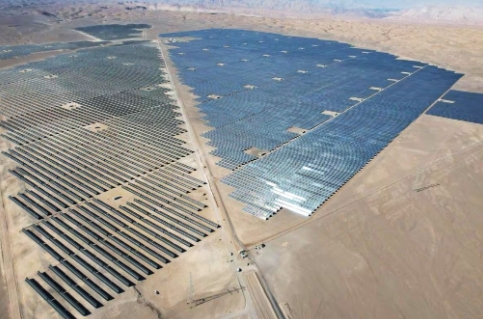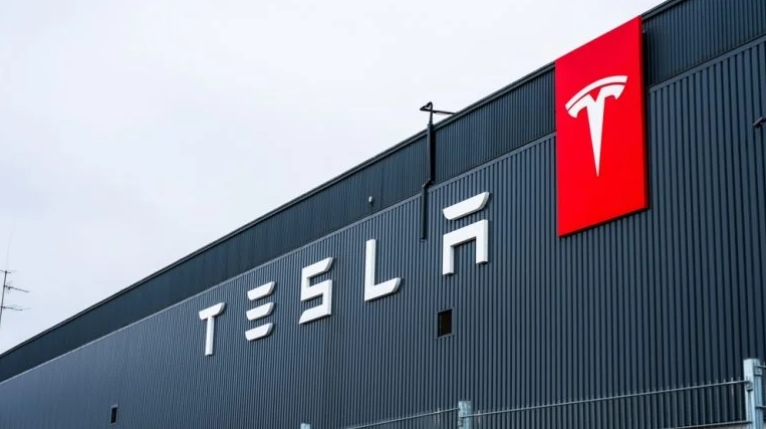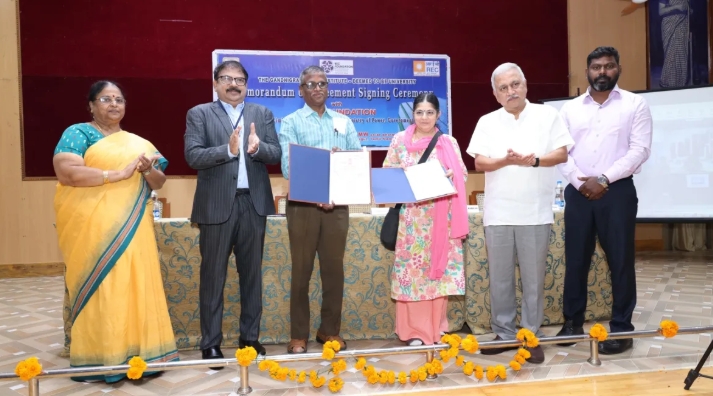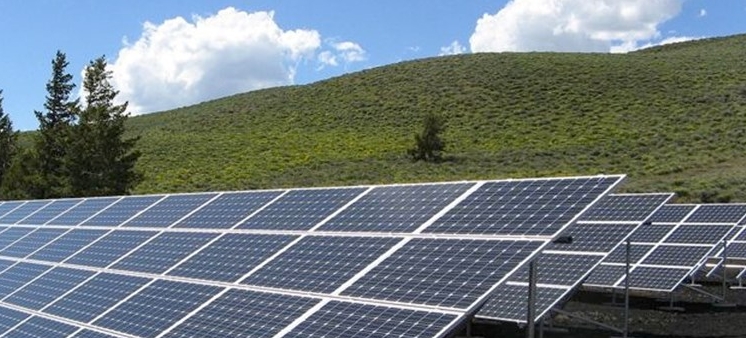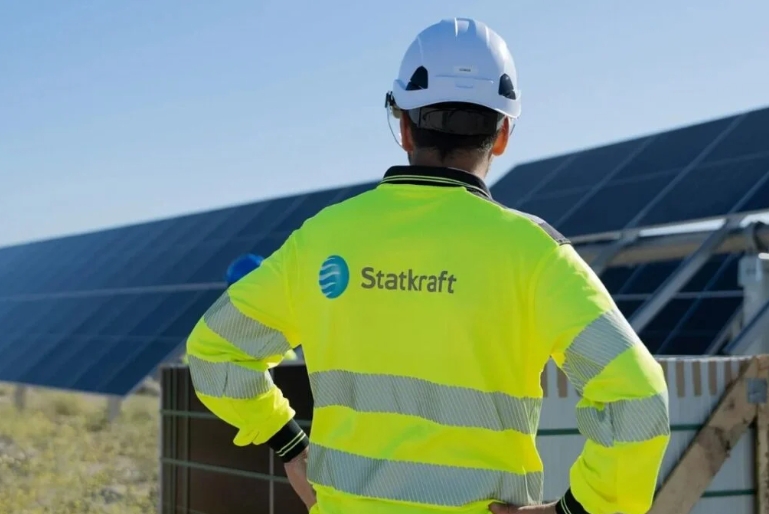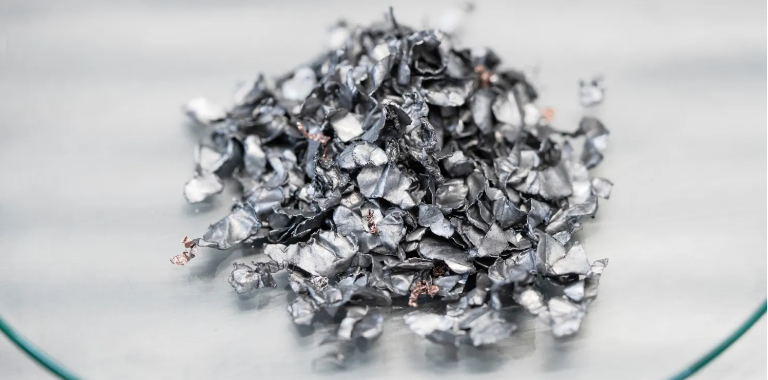
Four companies will together produce new lithium-ion EV batteries that contain recycled metals in a US first.
Global battery maker BASF, Florida-HQ’ed graphene energy storage maker Nanotech Energy, Reno-based lithium-ion battery recycling company American Battery Technology Company (ABTC), and Ontario-based TODA Advanced Materials that produces metal hydroxide materials for rechargeable battery makers will together work to create this domestic closed-loop system for lithium-ion EV battery cells.
Or, as Daniel Schönfelder, senior vice president battery base metals and recycling at BASF, succinctly put it, “This enables BASF and Nanotech to produce lithium-ion batteries with locally recycled content.”
Here’s how it’s going to work: ABTC will recycle battery scrap and off-spec material created at Nanotech’s pilot operation in Chico, California, and at Nanotech’s planned commercial factory.
The recycled metals will then be converted into an electrochemically active material, and that requires two steps: precursor production and cathode active materials production.
A battery precursor is the material at the final step before it becomes a cathode or an ingredient from which a cathode is formed. The cathode material is the key raw material that drives the battery’s performance.
TODA will produce new precursors, and BASF will produce new cathode active materials in Battle Creek, Michigan, from the battery-grade metals, such as nickel, cobalt, manganese, and lithium, that ABTC recovers.
Nanotech will then use those recycled materials again in its battery cell production. Commercial production of the closed-loop cycle will launch in 2024.
Using recycled metals in new lithium-ion EV battery production can reduce the CO2 impact of batteries by about 25% compared to the use of primary metals from mines, according to BASF, which has been providing recycling services and cathode active material based on recycled metals in Asia for years. BASF also recently announced battery recycling capacity in Europe.
